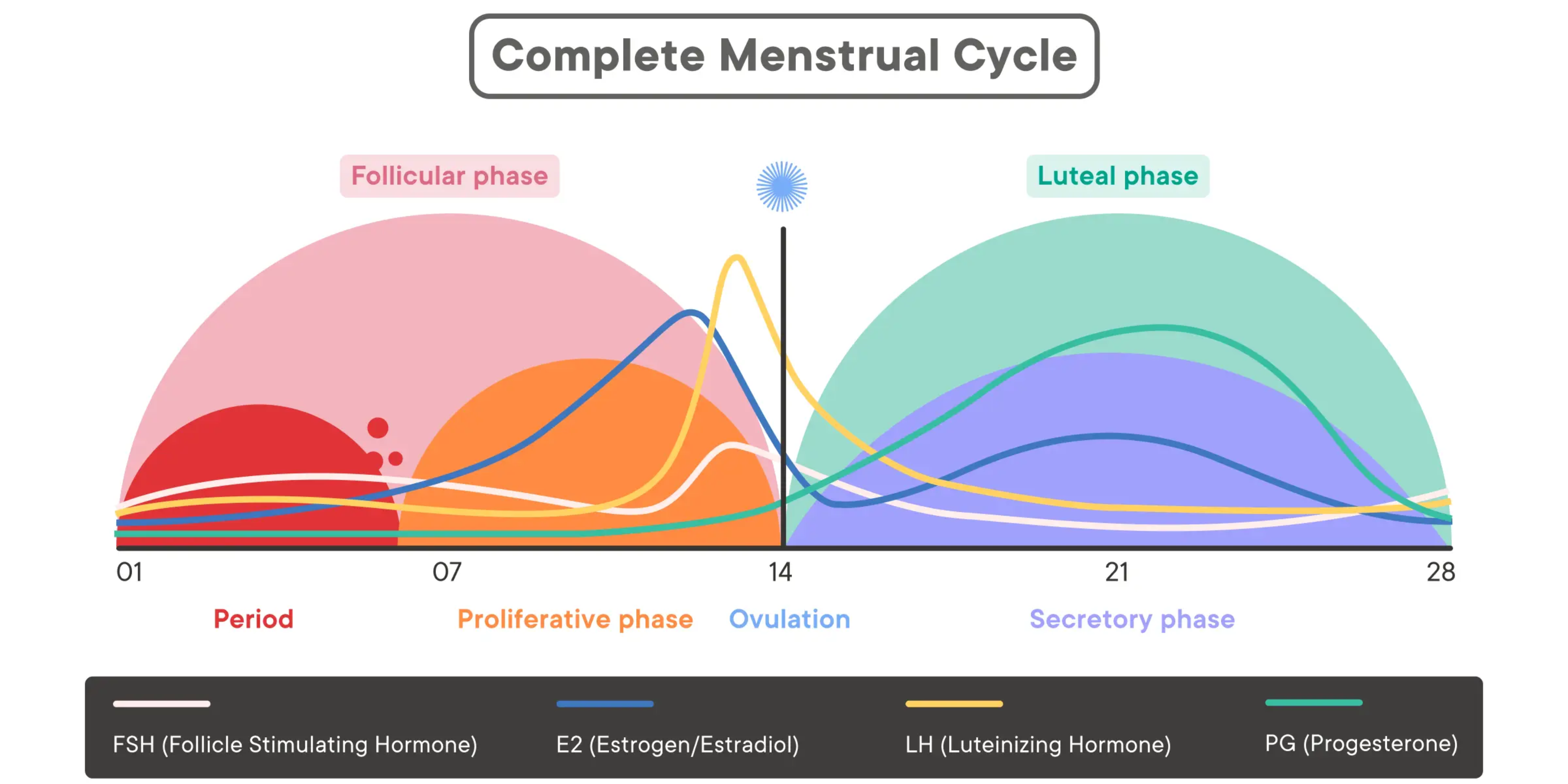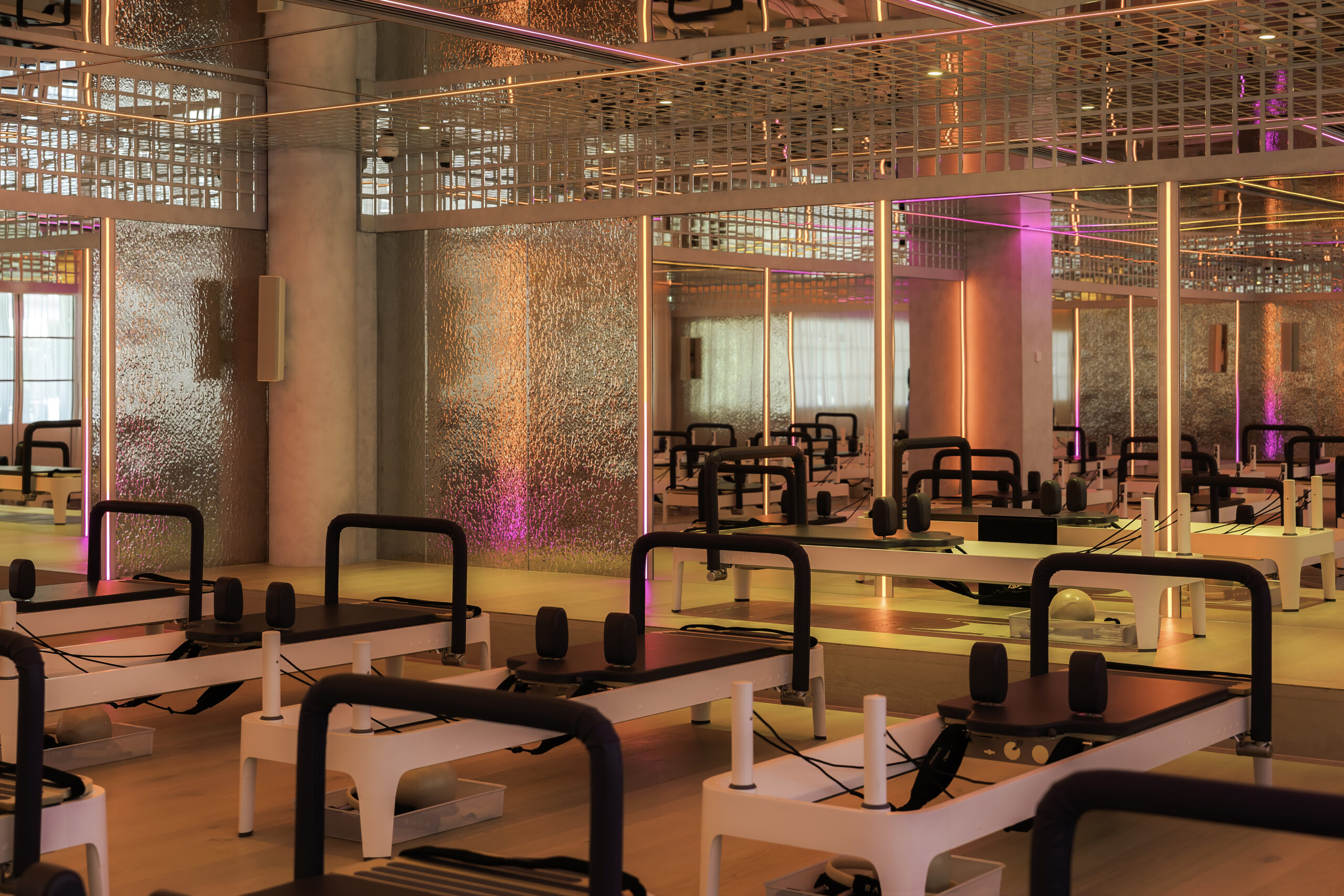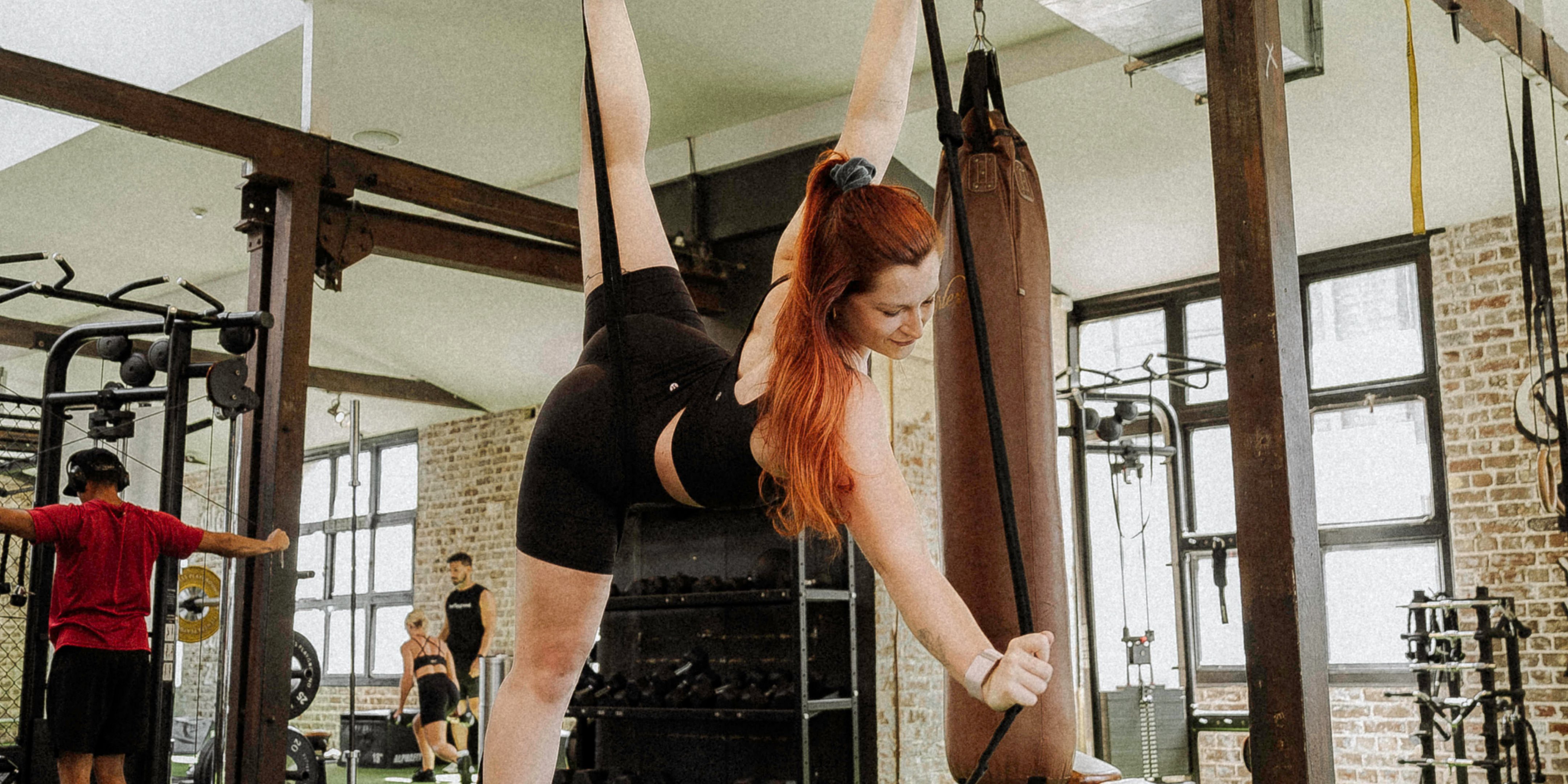Meet Jacqueline, a coach at One Playground who is dedicated to helping women get strong, build their confidence and feel their best!
Jacqueline specialises in female strength training and is on hand to explain why women should hit the gym and how to navigate training around their menstrual cycle.
Why should more women add regular resistance training to their routine?
There’s been a definite shift recently with more women heading to the weights room and incorporating strength training into their workout program.
However, as Jacqueline often sees with her clients, there is still a way to go.
“I often have female clients coming to me with such gym anxiety, enough that it gets in the way of their training. They feel like they can’t take up space, they don’t belong in the previously male-dominated space or that other people are going to criticise them.”
While these feelings are not needed and women have every right to be in the gym, it is also understandable why these feelings exist in the first place.
“Working with a coach is an amazing way to overcome these fears. We can show you the ropes, help you to form good technique, and provide a plan so you know exactly what to do when you get to the gym”.
“One of the reasons I love my job is seeing the impact training can have on women’s mental health and their confidence. Many come to the gym feeling like they can’t do it. But they show up anyway and instead, they prove to themselves that they are capable of so much!”
Is it possible to “tone up”?
There’s been stigma recently around the word ‘tone’ and whether ‘toning up’ actually exists. You can build muscle, you can lose fat. But tone doesn’t really mean anything.
However, Jacqueline doesn’t see any issue with the word. “When a client comes to me and says they want to tone, what they mean is they want to lose fat and build some more muscle definition. That is something we can definitely do! Whether there’s any real scientific backing to the word, we can understand the goal that they have. So it’s fine by me!”
And the best way to achieve that ‘toned’ look? According to Jacqueline, strength training, eating enough protein and dropping a bit of body fat. I find that often just by starting a structured training program you will start to see results. Fine-tuning nutrition can come later to move it to the next level. Pilates is great and I’m all for incorporating it into a routine, but add in a few strength sessions too and you’ll see results much faster!”
Bulking up, not such a big worry?
On the flip side, the other word that gets thrown around is ‘bulky’.
“Getting bulky is not as easy as you think!” says Jacqueline. “It is hard for women to build a lot of muscle without eating a lot and putting a huge amount of effort in at the gym, over a long period of time”.
“I really believe all women should strength train. Our bodies will feel and move better for it and especially as we get older and we start to lose muscle, we need that extra support for our muscular and bone health”.
“And in my opinion, the most important factor is how it builds confidence! We don’t realise how strong we are and what we are capable of! Strength training is such a wonderful way of showing yourself that. Don’t let the fear of a little bulk stand in the way of that”.
Should you align your workouts to your cycle?
There has been a huge trend with women deciding what workouts to do based on which of the four phases of the menstrual cycle they are in.
There are different phases to the cycle:
From a generalised view, we can typically see:
Menstruation
Progesterone and estrogen are at their lowest points during your cycle, which can result in less energy and motivation often combined with painful cramps. as well as the possibility of reduced stamina and endurance levels. However, there are studies that show exercising during menstruation can lead to less painful periods.
Follicular Phase
This lasts from the first day of your period until ovulation. During this phase, hormones are released that stimulate the ovary to produce follicles, which causes estrogen levels to rise and thus energy to increase with it. You might find higher-intensity workouts easier during this phase.
Ovulation
This is a smaller window and often elevated energy levels are still present from the Follicular Phase, however, it can be combined with bloating as the ovaries release an egg.
Luteal Phase
This is the longest phase and in the second half, the lead-up to your period, progesterone rises and can cause feelings of fatigue and cardio workouts to start to feel more difficult.
What does that mean for your training?
It’s true that women’s cycles have an impact on aspects such as how you feel, strength abilities and recovery, but does that mean you should rigidly follow the above pattern, no matter what?
Jacqueline says no.
“Every woman is different and how their cycle impacts them differs too,” Jacqueline explains “When approaching an exercise, I set a goal of how hard my client should push on a scale of 1 to 10, otherwise known as the rate of perceived exertion (RPE).”
“For example, the RPE goal might be to work at an effort level of 8 out of 10. The weight that feels like an 8/10 on a day when the client isn’t feeling great might not be as heavy as it would be on a day when they’re feeling better. This method helps to steer them towards their goals by ensuring there is still a stimulus on the muscles.”
“The bottom line is that every woman is different and how they feel during their cycles can differ from person to person and even period to period. It’s all about being in tune with your body.”
“When my clients are on their periods and they come for a session feeling weaker and more lethargic than usual, they can attribute this to their cycle, rather than beating themselves up for not feeling strong enough.”
The inverse is also important. Just because you’ve been told a certain phase means you shouldn’t lift heavy, if you come into the gym feeling great on the first day of your cycle, there’s no reason why you shouldn’t push hard.”
I want women to cut themselves slack when they can’t get to the gym or push as hard as they’d like. But I also don’t want them to be dedicated by a general approach to how they should train – use the RPE and if you feel great, go for it!”
 by One Playground
by One Playground





